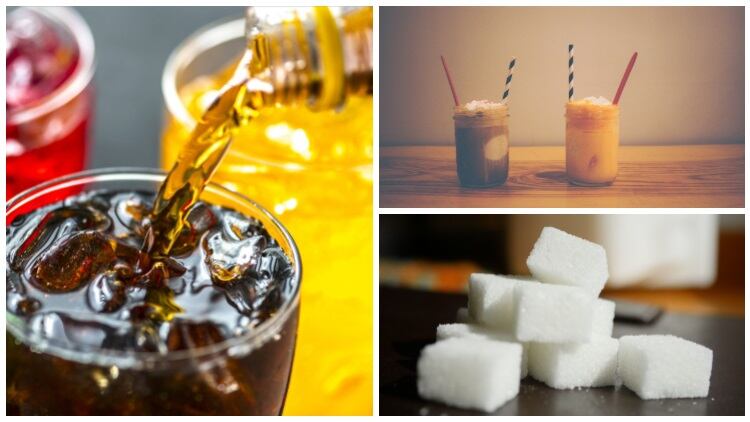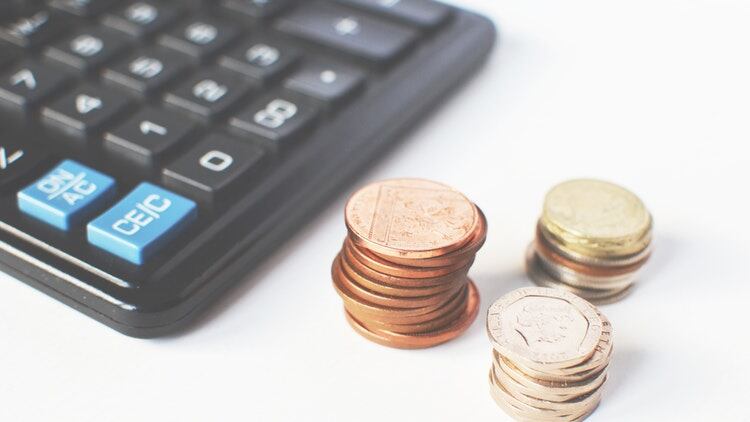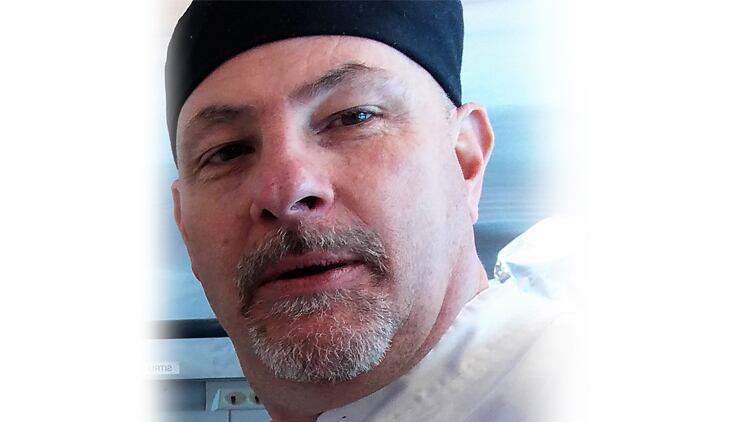The tax was introduced in April 2018 and placed a charge on manufacturers if their soft drinks have high sugar contents.
It made drinks with a total sugar content above 5g per 100ml 18p more expensive per litre, and those in excess of 8g of sugar per 100ml cost 24p more per litre.
There has also been talk of extending this to sugary milk-based drinks, including milkshakes.
Campaign group Action on Sugar called for a ban on the sale of milkshakes that exceed a calorie limit of 300 calories per serving and criticised the 'freakshakes' sold at UK pubs.
Boris Johnson said he would review whether levies on foods high in salt, fat and sugar were effective. A new milkshake levy could penalise lower-income consumers, he argued.
He told The Sun newspaper that he would “not increase any of the so-called ‘sin taxes’, or introduce similar taxes, until a review has been completed”.
He said: “Rather than just taxing people more, we should look at how effective the so-called ‘sin taxes’ really are, and if they actually change behaviour.”
He added: “Once we leave the EU on 31 October, we will have an historic opportunity to change the way politics is done in this country. A good way to start would be basing tax policy on clear evidence.”
The Government has estimated it will raise £240m from the soft drinks levy annually, which will be spent on physical education in primary schools.
Formulas reduced
Many manufacturers opted to reduce sugar in drinks to avoid paying the levy – with brands including Fanta, Ribena and Irn-Bru altering their formulas.
Other pub staples, including classic Coca-Cola, have maintained the same sugar content with a price rise transferred to consumers.
Johnson’s rival and former health secretary Jeremy Hunt criticised Johnson’s stance and said it was inconsistent.
Hunt said: “I’m totally confused about what Boris’s policy is on this because he’s saying he doesn’t want these ‘sin taxes’.
“But he’s got Matt Hancock, the health secretary, on his team who strongly supports them. So I think consistency really does matter.
“We have an obesity epidemic, we have the second highest number of obese young people anywhere in Europe and we do need to have a solution to this.
“So the people who want to scrap these taxes need to say what is their plan.”
No consumer feedback
Stockport-based brewery and pub company Robinsons said it felt the responsibility to reduce sugar should be placed with drinks manufacturers and the impact on pubs so far had been minimal.
Robinsons director of marketing David Bremner explained: “The best way to do this is to place the tax at the production of drinks as it was last time.
“The reaction was almost the same – producers rapidly looked at ways to reformulate their ‘great taste’ to get the same product.
“The result: Fever-Tree Light replaced Fever Tree throughout our Robinsons pubs with no consumer feedback. No one noticed.
“We were also forced into a best low sugar cola debate which Pepsi Max won with only two complaints out of 260 pubs.”
Bremner pointed to the rise of the soft drinks category and to the thriving state of low-sugar drinks.
He added: “The alternative is to bank on consumers to make the decision to favour low-sugar drinks through higher tax on the alternative.
“I just don’t think it will work – and as a buyer for a family business with two teenage kids – I’m all for backing the one with the greatest chance of minimising obesity.
“Not likely to win the contest in itself but Mr Hunt has this one for me.”
Cocktail of costs
Pub trade bodies have been critical of proposals to increase the scope of the sugar levy, arguing operators were already struggling under the strain of other costs.
UKHospitality chief executive Kate Nicholls reiterated this: “At a time of increasing costs and near-unprecedented political uncertainty, the Government should not be looking to pile more costs on businesses. Issues such as obesity are taken very seriously by hospitality businesses and many are working hard to make sure customers have healthy choices.
“Additional taxes at this time are only going to undermine employers’ ability to invest and reduce options for customers.”
British Beer & Pub Association chief executive Brigid Simmonds added that any tax policy review should take into account the burden placed on the consumer by beer duty.
She explained: “Tax on beer is a huge cost to the pub and the consumer – duty alone costs drinkers 54p a pint
“Targeted voluntary measures are, in our view, more effective than mandatory whole population tax increases that penalise all consumers.”




